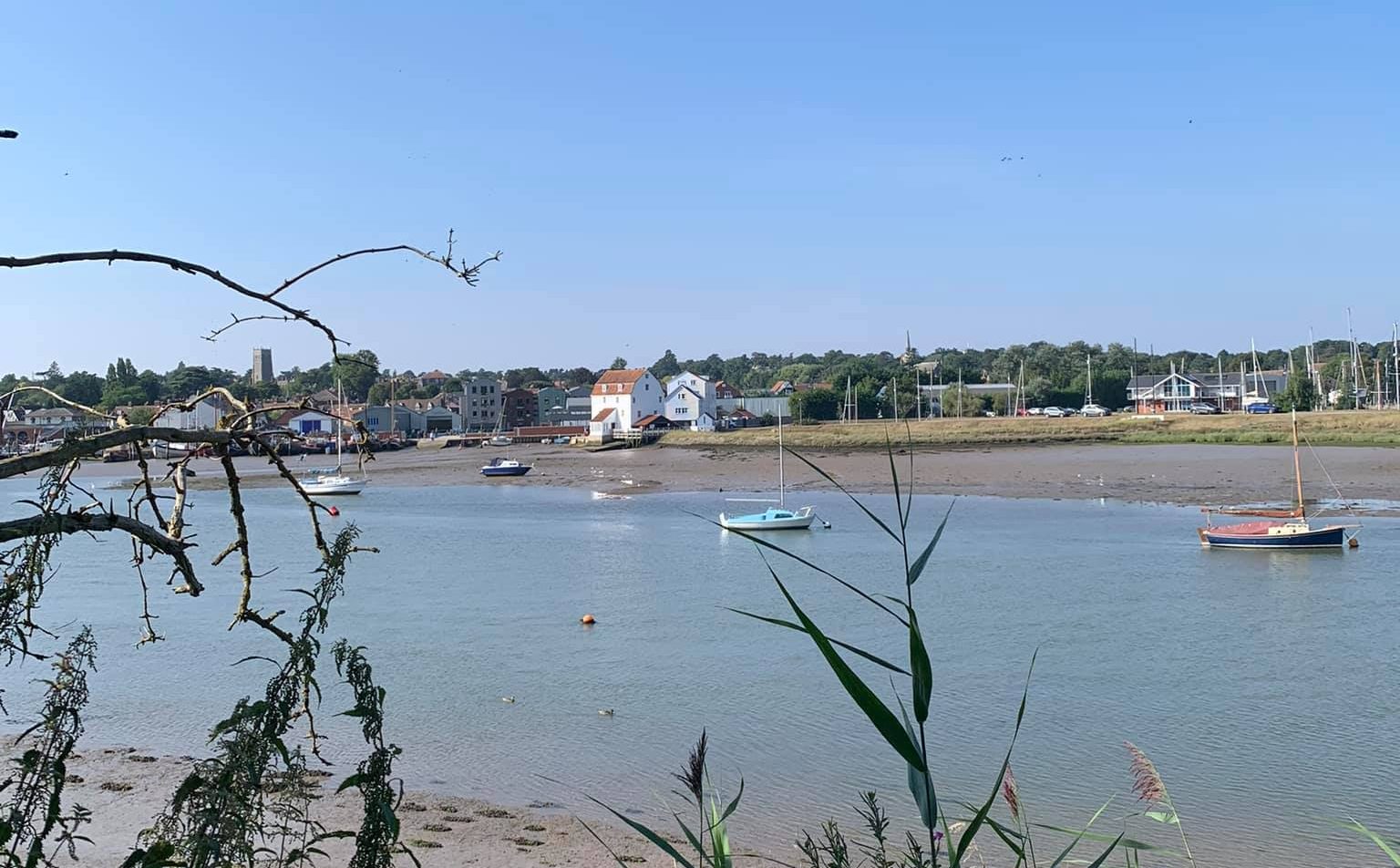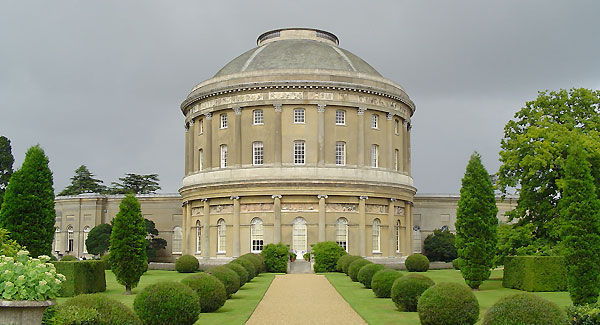| Getting to Ipswich Coming by road, the town sits on the A12 from London (approx 60 miles) and the A14 from the Midlands and the North. The town is well-served by railway with a regular service connecting to London’s Liverpool Street (just an hour’s journey). From the north and Midlands the line connects to Peterborough. The railway also links to the nearby ports of Felixstowe (mainly container) and Harwich (passenger).
Stena Line operates a twice daily high speed service from Harwich (just 32 miles from Ipswich) to the Hook of Holland. Are services to Harwich, from Cuxhaven, and Esbjerg are operated by DFDS Seaways. National Express operates a regular bus service from Ipswich. Ipswich no longer has an airport of it’s own, the closest are: Standsted 39 miles; Norwich 42 miles; Luton 65 miles; Heathrow 79 miles; Gatwick 84 miles. |
|||||
| A Brief History | |||||
Ipswich can rightfully claim to be the “oldest recorded town in England”. “Gippeswick” was a Stone Age, Iron Age, Roman, and Anglo-Saxon settlement, it made most of its wealth trading local cloth with it’s neighbours on the continent. Gippeswick (or Ipswich as it later became), was not densely populated until the Romans left. Saxon settlers made use of it’s connection with the North Sea, and for a time the Kingdom of East Anglia centred around Ipswich. It is claimed that Ipswich was the first Anglo-Saxon town. Anglo Saxon connections abound, most significantly at nearby Sutton Hoo.
In the Middle Ages the area became a popular pilgrimage destination. One of Henry VIII’s closest allies, Thomas Cardinal Wolsey was born in Ipswich around 1475. He was to become one of the town’s most famous sons. In 1528 he founded a college which is now known as Ipswich School. In 1555, the Ipswich Martyrs were burnt at the stake for their Protestant beliefs.
Lord and Lady Nelson lived in the town in the early 1800’s and Nelson was at one time High Steward of the town. Ipswich has played host to those from the arts, painters John Constable and Thomas Gainsborough who both lived and worked here. Author Charles Dickens visited in 1835. The Tavern where he stayed is today known as the Great White Horse Hotel, .Dickens’ featured it in his novel The Pickwick Papers. Nowadays Ipswich port continues to flourish with several million tonnes of cargo coming through it each year. Derelict buildings around parts of the docks are being redeveloped to offer new business and residential properties. Ipswich has a highly successful football team, Ipswich Town, who play at Portman Road. In the past they have won the FA Cup in 1978 and the UEFA cup in 1981. Ipswich is also home to Ipswich Witches who are one of the most successful speedway teams in England. They have been based at Foxhall Stadium on the outskirts of the town for the past 50 years. |
|||||
| Celebrity Connections | |||||
| As well as Thomas Wolsey and Lord Nelson, Ipswich has a few other celebrity connections.
London born cartoonist Carl Giles lived and worked in Ipswich. He is best remembered for his cartoons in the Daily Express. A statue of his most famous character “Grandma” now stands at the junction of Princes Street and Queens Street looking up at Giles’ former studio. Brian Cant, children’s tv presenter was born in Ipswich. Brian provided all the narration and sang all the songs in Trumpton, Chigley, and Camberwick Green. Also to his credit are Playschool, Playaway and Dappledown Farm. He worked at an art store in Ipswich and was a keen follower of local amateur dramatics (as a member of the audience). When he moved to London he got his thespian wings and the rest is history. 1980’s pop idol Nik Kershaw, while being born in Bristol, spent his childhood in Ipswich. He attended Northgate Grammar School, performed with the Co-op Drama Group and worked in the local Department of Employment. |
|||||
|
|||||
| For more on Ipswich and life in the town visit www.ipswich24.co.uk |
Ipswich
Related Posts
Woodbridge
Situated on the Deben Estuary. Once an important shipbuilding town Woodbridge centre retains it’s old worlde charm. The white weather-boarded Tide Mill, now fully restored and in working order, sits…
Bury St Edmunds
Behind the faces of the many Georgian looking buildings in Bury St Edmunds are houses of the 17th Century and earlier. Much of the town dates from the period 1750-1850.…







